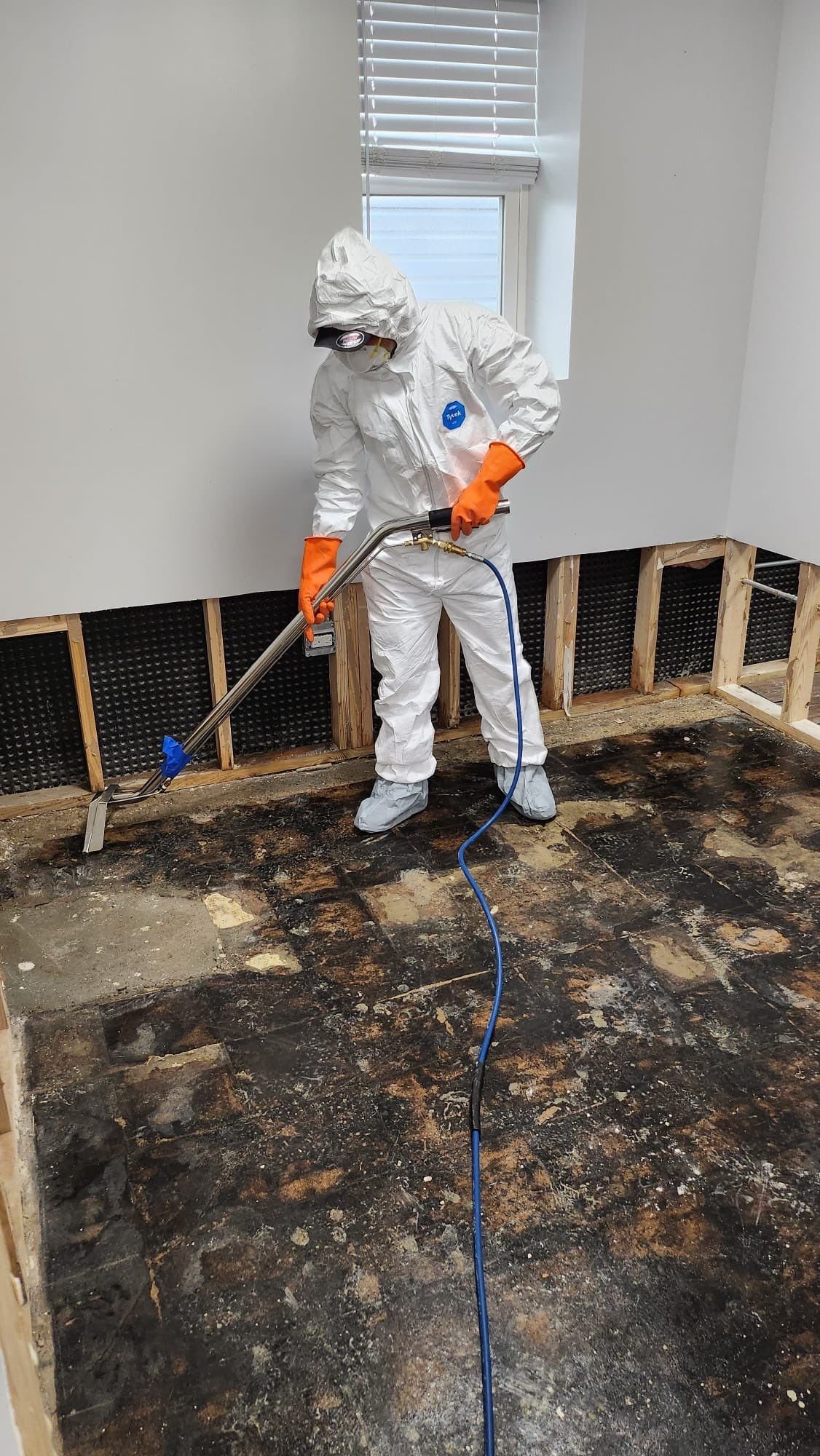PUT YOUR MONEY WHERE IT MATTERS MOST - MAXIMIZING YOUR REMODELING BUDGET
Remodeling your home can be an exciting and rewarding experience. It can improve your quality of life, increase the value of your property, and create a space that truly reflects your personality and style. However, home renovations can also be expensive, and it's important to ensure you get the most out of your remodeling budget. Whether you're planning a minor renovation or a major overhaul, here are some tips to help you put your money where it matters most and maximize your remodeling budget:
1- Prioritize Needs and Wants
When planning a remodeling project, it's essential to prioritize your needs and wants to ensure that you allocate your budget most effectively. Here are some steps to help you prioritize your needs and wants and allocate your budget accordingly:
• Identify your needs:
Start by identifying the must-have features or improvements to make your space more functional or safe. It could include things like repairing a leaky roof or upgrading electrical wiring.
• Determine your wants:
Once you've identified your needs, consider what improvements or features you'd like but aren't essential. Please make a list of your goals and prioritize them based on importance. For example, if your primary goal is to create more living space for your growing family, a room addition or a basement conversion might be a better investment than a new kitchen or bathroom. Or this could include things like adding a home theater or upgrading to luxury finishes.
2- Set A Budget
After estimating your essential tasks during remodeling, the next is to set a budget. Here are some steps to follow when setting a budget for your remodeling project:
• Research costs:
Do some research to understand how much your project will cost. You can get estimates from contractors or use online resources to get an idea of the average costs of similar projects.
• Determine your financing options:
Decide how you will finance your project. Will you pay for it with cash or use a home improvement loan or line of credit? Knowing your financing options will help you determine your budget and what you can afford.
• Break down your budget:
Once you know how much your project will cost, break your budget into materials, labor, and contingency funds. Be sure to allocate enough funds for unexpected expenses during the project.
• Stick to your budget:
As you progress with your project, track your expenses and adjust as needed to stay within your budget.
3- Plan Ahead
Once you've prioritized your goals and finalized the budget, it's time to start planning your renovation project. Work with a professional designer or contractor like Mila’s Construction to create a detailed plan that outlines the scope of work, materials, and timeline for the project. It will help you avoid unexpected costs and delays and ensure you get the most out of your remodeling budget. Schedule an in-person meeting with the Mila’s Construction. It will allow you to ask questions, discuss your project in detail. After that, sign a contract outlining the scope of work, timeline, payment schedule, and any warranties or guarantees.
4- Focus on High-Impact Areas
Regarding home renovations, some areas have a bigger impact on your home's overall value and aesthetic appeal than others. For example, kitchens and bathrooms are often the most important rooms for resale value, so investing in high-quality materials and finishes for these areas can be a wise investment.
5- Consider Energy-Efficient Upgrades
Upgrading your home's insulation, windows, and HVAC system can help you save money on energy bills in the long run. While these upgrades may not be as glamorous as a new kitchen or bathroom, they can significantly impact your home's value and appeal to potential buyers.
6- Don't Overspend on Trendy Features
While creating a space that reflects your style, it's also important to avoid overspending on trendy features that may not have long-term appeal. Instead, focus on timeless design elements that will likely remain popular for years.
7- Keep an Eye on The Budget
Finally, keeping a close eye on your remodeling budget throughout the project is important. Work with your contractor or designer to identify areas where you can save money without sacrificing quality or design. And be prepared to make adjustments to your plan if unexpected costs arise.
Conclusion
In conclusion, maximizing your remodeling budget requires careful planning, prioritization, and focusing on high-impact areas. By following these tips, you can create a space that meets your needs, enhances your lifestyle, and adds value to your home for years.
Want To Optimize Your Remodeling Expenditure?
At Mila's Construction, we understand the importance of maximizing your remodeling expenditure. Our team of skilled professionals is committed to delivering high-quality work and excellent customer service, ensuring you get the best value for your money. Contact us today to learn more about our services and how we can help you achieve your remodeling goals.




